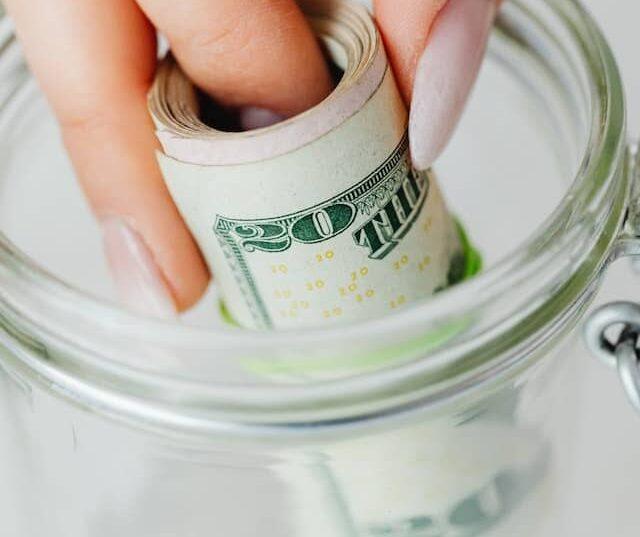The twenty-first century, with it’s manic economic highs and vicious lows, has been rough on the U.S. As of 2015, unemployment was actually somewhat high even though it looks low, huge corporations were hoarding money rather than raising wages, and banking scandals made headlines. From currency-rigging lawsuits against international players, to JP Morgan Chase’s illegal trading admission, to the Wells Fargo discriminatory settlement, businesses and families alike have their reasons to not trust the banking system.
It makes you wonder if it’s the companies or the employees we shouldn’t trust? While we may never know where the illegal doings occurred first, what we do know is that there appears to be a strong correlation between certain high-level bank employees and dishonest behavior.
Unethical Breeding Ground?
According to a new study published by the University of Zurich, the banking culture actually favors and may even cultivate unethical behavior. In a study including over 200 bank employees, participants who were reminded of their occupational role consistently chose to line their own pockets rather than behaving ethically, while those who were not reminded of this role tended to perform more ethically. The study then extended to include employees from other industries, who all behaved significantly more ethically regardless of the reminder (or lack there of) of their occupational roles.
This study shows that the banking culture itself is full of corruption, and the industry must look to its fundamental core to regain the trust of the American people. Not only should those in the financial industry examine the ethics of employees currently in place, but they should also take a look at what it is that draws dishonest people to the industry (or perhaps turns honest people into dishonest ones once they are there). From training practices to continuing education to stakeholder-to-board interaction, there is lots of room to introduce the checks and balances necessary to self-audit.
Individual Responsibility
However, it is also the job of us as users of these financial services to keep ourselves protected. When seeking out a new bank, find one with an emphasis on transparency and communication, that appears to desire keeping you in the know. Keep your information secure to prevent identity theft or other fraud. Make sure to monitor your accounts on a regular basis, so if you notice an inconsistency, you can get information before it’s too late. Taking an active role in the care of your finances can encourage others to do the same, and can ward off unethical behavior.
With our trust in banks at an all time low, this is the time for us to show them how we value honest, ethical practices. The road to a better reputation for banking is a long one, but when we help them create an environment that cultivates strong relationships and mutual growth, we can change the way the industry interacts with ourselves, our businesses, and our families.




